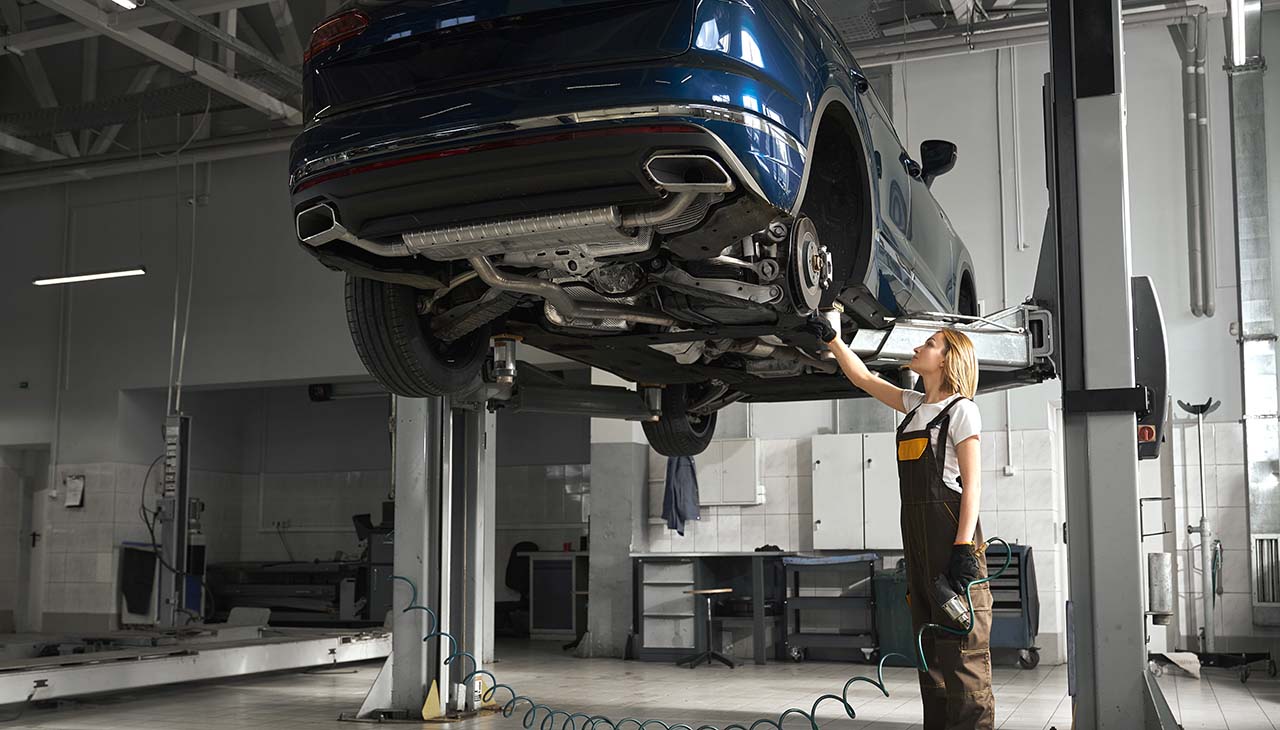As the seasons change, so do the needs of your vehicle. The extreme temperatures of summer and winter can take a toll on your car, making it essential to prepare it adequately for both scenarios. Whether it’s ensuring your air conditioning is up to par for the scorching summer months or checking that your engine’s coolant system is ready for winter’s chill, seasonal car care is crucial. This guide will provide you with all the necessary steps to ensure your vehicle is in top condition, ensuring your safety and the longevity of your car throughout the changing seasons.
Summer Car Care
Checking and Topping Up Fluids
Regular inspection and maintenance of your vehicle’s fluids are paramount during the summer months. Here are key fluids to focus on:
- Engine oil: Acts as your car’s lifeblood, ensuring smooth operation. Check the level frequently and top up or change as needed.
- Coolant: Helps keep your engine from overheating. Verify the coolant level in the reservoir and inspect the system for leaks.
- Windshield washer fluid: Essential for maintaining clear visibility. Ensure the reservoir is full to deal with summer dust and insects.
Inspecting and Maintaining Tires
Tires are critical for safety and fuel efficiency, especially in hot weather when roads can be scorchingly hot.
- Tire pressure check: Heat causes air to expand, affecting pressure. Check tire pressure regularly to ensure they are within the manufacturer’s recommended range.
- Tread depth inspection: Worn tires increase stopping distances and can be dangerous in wet conditions. Inspect tread depth and replace tires when necessary.
- Rotation and alignment: Regular rotation and proper alignment extend tire life and improve vehicle handling.
Air Conditioning System Inspection
A functional air conditioning system is essential for comfortable driving in the heat.
- Performance check: Operate the system to ensure it’s cooling effectively. If cooling is inadequate, it may need professional attention.
- Cleaning or replacing filters: A clogged cabin air filter can reduce air conditioning efficiency and quality. Check and replace if dirty.
- Refrigerant level inspection: Low refrigerant levels can cause the system to underperform. Have a professional inspect and refill if necessary.
Winter Car Care
Tire Inspection and Maintenance
Winter driving demands tires that can handle the harshest conditions. Here’s how to ensure your tires are winter-ready:
- Switching to winter tires: Consider replacing all-season tires with winter tires for improved traction, braking, and handling on snow and ice.
- Tire pressure check: Cold weather can cause tire pressure to drop. Check the pressure regularly and adjust according to the manufacturer’s guidelines.
- Checking tire chains (if applicable): In areas with heavy snowfall, tire chains can be pivotal. Inspect them for wear and tear and practice installing them before you actually need to use them.
Battery and Electrical System Check
The cold can significantly impact your vehicle’s electrical system, including the battery.
- Battery health assessment: Test your battery’s charge and replace it if it’s weak. Winter demands more from your battery during startup.
- Testing the alternator and starter: Ensure these critical components are in good working order to avoid being stranded in the cold.
- Inspecting the electrical system for any issues: Check for corroded wires or connections as these can lead to power failures.
Antifreeze and Wiper Fluid Inspection
Proper fluid levels and conditions are crucial to winter driving.
- Checking antifreeze concentration: Ensure your coolant has a proper antifreeze-to-water ratio to prevent freezing.
- Ensuring wiper fluid is suitable for freezing temperatures: Use a wiper fluid formulated to resist freezing so your visibility remains clear.
- Inspecting the condition of wiper blades: Replace any worn or damaged wiper blades to combat heavy snow and sleet efficiently.
Conclusion
Taking the time to prepare your vehicle for the unique challenges of each season not only ensures your safety but also contributes to the longevity and performance of your car. By following the outlined summer and winter car care tips, drivers can reduce the risk of breakdowns and costly repairs. Remember, regular maintenance and timely inspections are key to a reliable and safe driving experience, regardless of the weather conditions. Stay proactive in your vehicle care regimen, and enjoy peace of mind on the road through all seasons.

